The UK Government is set to start the process this year of determining its minimum zero emission distance for hybrid cars on sale after 2030.
But it claimed today that it is technology neutral, and hydrogen vehicles could play a part in future mobility.
It said it will publish a “delivery plan” this year, which will set out main milestones, committed spending and regulatory measures, and it will implement measures, such as ongoing incentives, infrastructure rollout and support for UK manufacturing.
In November AM reported that ministers were bringing forward the 2040 zero emissions deadline to 2035, but allowing new hybrids to remain on sale between 2030 and 2035.
Today’s report from the Department of Transport stated the evidence is clear that, for cars and vans, battery electric vehicles are the best choice today.
Currently, most plug-in hybrid vehicles are exempt from state incentives which require a minimum zero emission range of 70 miles.
It will consider allowing only “a very limited range of derogations” for niche manufacturers and specialist vehicles, such as emergency service and military transport.
“Government recognises that a new target will be challenging for different sectors of society and the economy. Issues around affordability, range anxiety and infrastructure must be addressed to foster the willingness of drivers to transition to zero emission vehicles (ZEVs).
“Government takes a technology neutral approach on how this transition will be achieved. While it is true that battery electric vehicles (BEVs) dominate the current ZEV market, we recognise the potential of hydrogen as another solution for zero emission transport, particularly for heavier road vehicles,” it said.
The report points out that the incoming restrictions will apply only to the new vehicle market from 2030, and vehicles already on the road will continue to be sold in the used car and van markets.
Nevertheless, its aim is for “almost every car and van” to be zero emission at the tailpipe by 2050, which would likely be achieved by most ICE cars reaching end of life by that point.
The Government added: “We recognise the importance of working with stakeholders to ensure that the phase out dates are achieved.
“To support this collaboration, and to give greater clarity on the pathway to the phase out dates, we will publish a delivery plan this year setting out major milestones towards the phase out dates and committed spending and regulatory measures.
“We will monitor progress against the plan and report publicly on an annual basis. We will conduct a review of progress towards the phase out dates by 2025.”
Transport secretary Grant Shapps said: “Moving millions of vehicles to zero emissions is an enormous challenge.”
“We are backing our new phase out dates with over £2.8bn of investment to drive up the number of zero emission vehicles, accelerate the roll out of our world-class chargepoint infrastructure network, and to secure investment in gigafactories and other strategic technologies to develop the UK’s electric vehicle supply chain.”

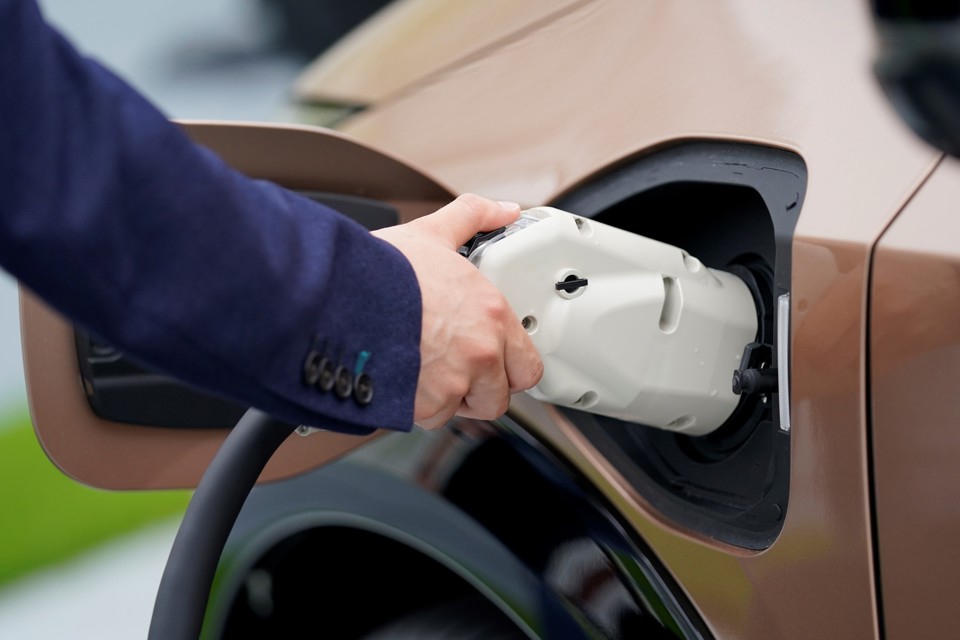



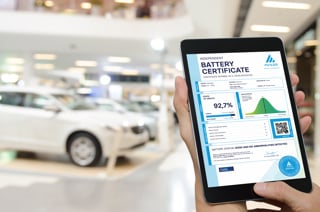
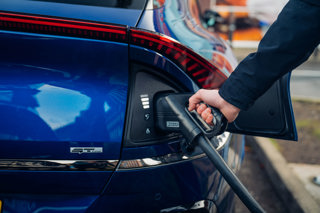
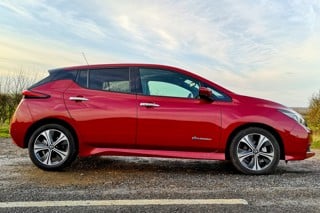




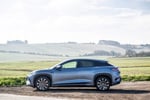










Login to comment
Comments
No comments have been made yet.